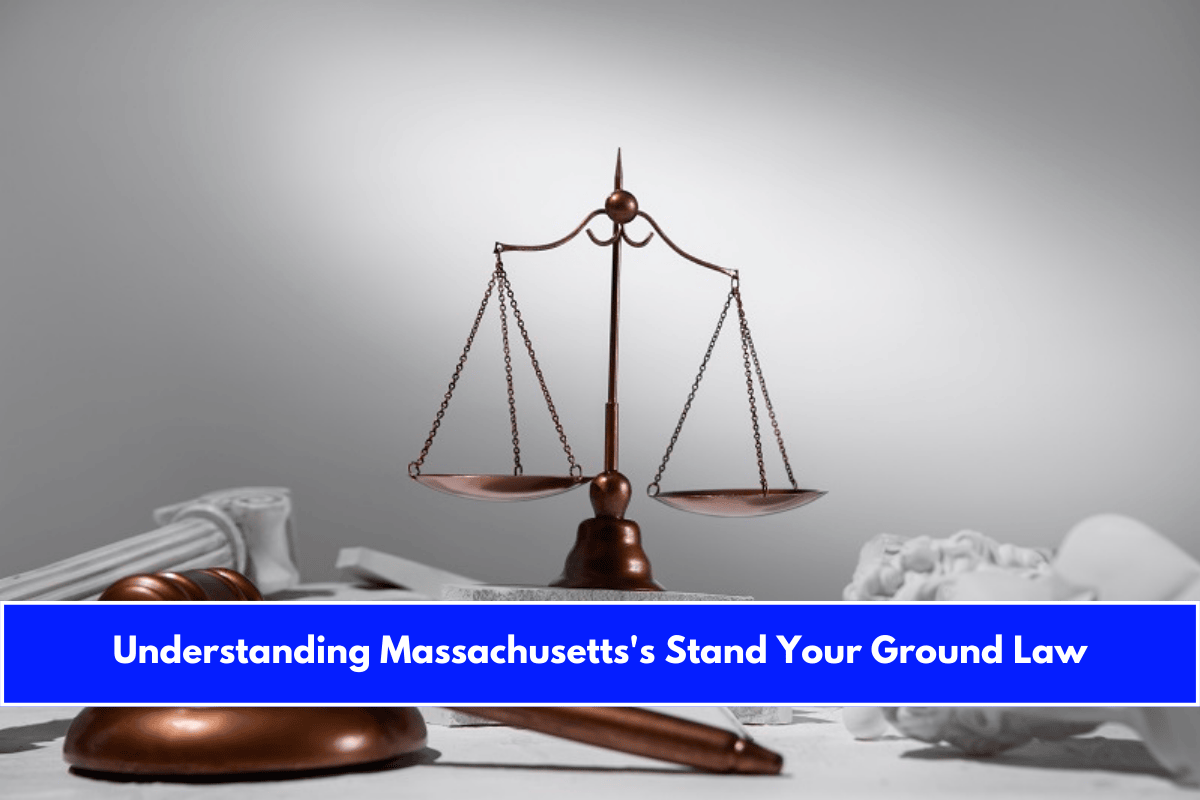Massachusetts does not have a “stand your ground” law. Instead, the state follows the traditional “duty to retreat” principle in most self-defense situations outside the home. Here’s what that means for residents and anyone facing a threat in Massachusetts:
Duty to Retreat: The Core Principle
- Obligation to Avoid Conflict: In Massachusetts, if you are threatened in public, you are legally required to make every reasonable effort to avoid using force—especially deadly force—before resorting to self-defense. This is known as the duty to retreat.
- Last Resort: Physical or deadly force is only justified if retreat is not possible or safe. If you can escape, call for help, or otherwise avoid the confrontation, the law expects you to do so.
- Proportional Response: If force is unavoidable, you may only use the amount of force reasonably necessary to stop the threat. Excessive or retaliatory force is not protected under self-defense laws.
Castle Doctrine: The Home Exception
- No Duty to Retreat at Home: The main exception to the duty to retreat is the “Castle Doctrine.” If you are in your own dwelling (house or apartment), you are not required to retreat before using reasonable force—even deadly force—if you reasonably believe an intruder poses an imminent threat of serious bodily harm or death.
- Limits of the Castle Doctrine: This protection applies only inside your dwelling, not in vehicles, tents, or on your property outside the home. You must still act reasonably; if you could have exited safely and chose not to, prosecutors may question your actions.
Key Points of Massachusetts Self-Defense Law
- No Stand Your Ground Law: Outside your home, you must try to retreat if it is safe to do so before using force.
- Castle Doctrine Applies at Home: No duty to retreat from an intruder inside your dwelling.
- Reasonable Belief and Proportion: You must reasonably believe you are in imminent danger, and your response must be proportionate to the threat.
- Burden of Proof: In court, the prosecution must prove beyond a reasonable doubt that you were not justified in using self-defense.
How Massachusetts Differs from Stand Your Ground States
- Stand Your Ground Laws: In states with these laws, individuals may use force in self-defense in public without first attempting to retreat, provided they reasonably believe they are in imminent danger.
- Massachusetts: Requires retreat when possible outside the home, reflecting a more restrictive approach to the use of force in self-defense.
Summary Table
| Situation | Duty to Retreat? | Use of Deadly Force Allowed? |
|---|---|---|
| In your own dwelling | No | If reasonable belief of threat |
| In public (not at home) | Yes | Only if retreat not possible |
Massachusetts law requires you to avoid confrontation and retreat if safely possible before using force in self-defense, except when you are in your own home. The state does not have a stand your ground law, making its approach to self-defense more restrictive than many other states.
Sources:
- https://www.findlaw.com/state/massachusetts-law/massachusetts-self-defense-laws.html
- https://www.relentlessdefense.com/what-should-i-do/right-to-self-defense/
- https://thefernandezfirm.com/self-defense-law/
- https://giffords.org/lawcenter/state-laws/stand-your-ground-in-massachusetts/
- https://josephmpacellaspringfield.com/blog/what-are-the-rules-on-self-defense-in-massachusetts/











Leave a Reply